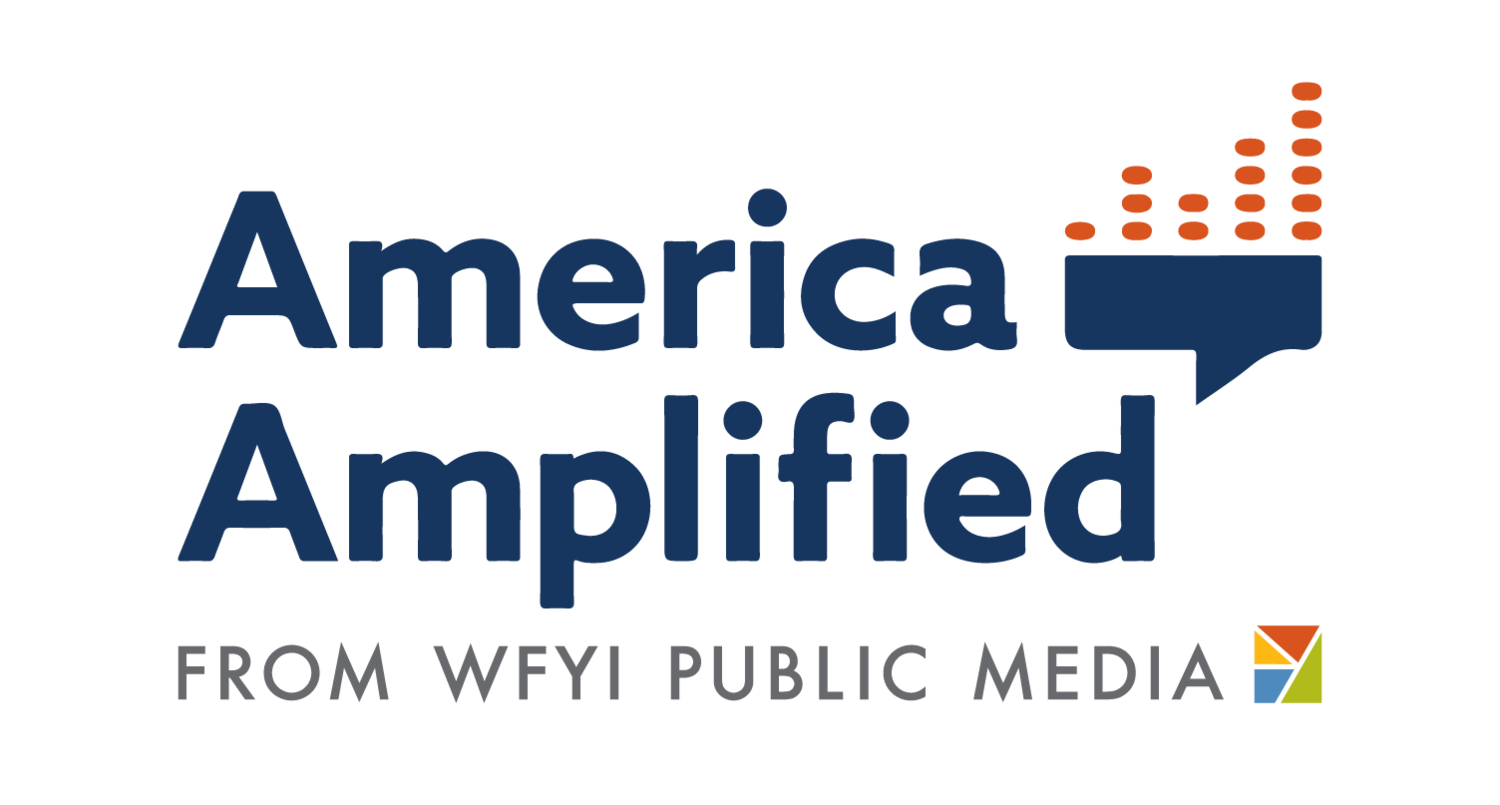Tips from Our Stations: Forging Bonds in Overlooked Communities
Credit: Chelsea Naughton / America Amplified
One of our mantras at America Amplified is that we all know a lot more than we give ourselves credit for. We say this all the time to each other AND to the stations we’re working with. So, with that in mind, we held five roundtable discussions (aka “Table Talks”) during our fly-in meetup for the 2024 Elections project. As expected, the attendees had a no shortage of great ideas and wisdom to share with one another on each of the topics.
Read the takeaways from our other sessions:
Building and Sustaining Community Partnerships | Listening Sessions 2.0
Elevating Your Digital Engagement Strategies | Hearken Best Practices.
Forging Bonds: Strategies for Trust in Overlooked Communities
How do you build trust and meaningful connections? What are some tips for authentic engagement with groups who are not typical public media listeners, with groups who may not speak the same language, and with groups we've ignored in the past?
Tips for reaching younger voters:
GBH is creating YouTube shorts in a series called Politics IRL, featuring GenZ folks debating a political topic. Their YouTube channel has 100,000 subscribers. Optimizing SEO has helped; Reddit has also been a huge driver of viewers.
Create mentorship opportunities where older listeners can engage with and guide younger individuals, fostering intergenerational connections and understanding. Provide training workshops on media literacy and storytelling for community members.
Tips for reaching people who don’t speak English:
Maine Public produces weekly newscasts in languages of immigrant communities (Somali, French, Portuguese, Khmer, Spanish) on YouTube for their Maine Public News Connect project.
Nebraska Public Media has a mobile listening booth that goes into all kinds of rural communities with predominantly Spanish-speaking populations.
The booth provides them with a safe place to ask questions, and then they come back with the answers in written form, in English and Spanish, to hand out to the community.
They also set up a voicemail line where people can call and ask questions.
They partner with libraries and Latino associations.
They don’t go in to these communities looking for stories, but just for engagement.
At the top of weekly Spanish-language news spots they have a couple of lines in English to introduce the spot: “You are about to hear news in Spanish….”
AZPM in Tucson is launching a bilingual news series called Democracy 101, focusing on basic voter information including how to vote, how to find out where to vote, etc. They will be focusing on misinformation in Spanish as well.
Tips for reaching people who think you’re biased:
Recognize that people have not seen all your other stories on the topic, so curate related materials to show the context
Explain the process - who reported this story and why
Clearly distinguish national content from local
Tips for engaging communities resistant to changing editorial priorities:
Include in your stories context about the demographic change that compels these stories
Explain that this story IS about their community
Tips for engaging insular communities:
Find the storytellers and let them tell their stories on your air
Hold a listening session where you share those stories and ask, “how did we do?”
Build partnerships with community groups
Tips for maintaining trust (after reporters/engagers leave):
It is more difficult to RE-build trust then to build trust in the first place
For year-long fellowships: build in an overlap period where new reporter/engager can shadow original reporter/engager and meet sources, community contacts
For full time employees who move on: build in a system of documentation so that a newly hired employee can read in and learn about sources and community contacts. Build in a beat-building time for a new employee so they can learn and listen before reporting.
Tips for engaging with communities who have been harmed in the past:
Have honest discussions about the past
Hold listening sessions
Ask for feedback – “how did we do?”, and then go back and ask again, “how did we do?”
Shining examples:
Check out the work that KALW does in San Francisco, baking CE into all of their journalism. They produce a podcast called “Uncuffed,” by and for incarcerated people and host a tuition-free 9 month audio academy for community members.


